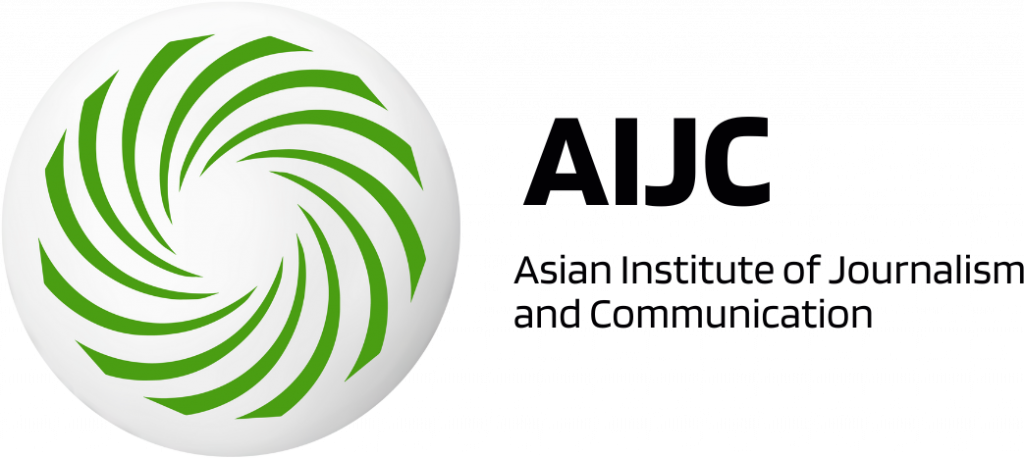Public Official Course
- Specialty Courses
- Fast-Track Courses
- Targeted Spot Courses
- Public Official Courses
Public Official Course on
Risk Communication
Navigating Risks, Ensuring Success
Course Schedules: September 17-18, 2025, 9am-5pm
Individual Rate: 15,000 PHP
Online Live via


Course Structure
Day 1:
Foundation of risk management and assessment
Identifying needed competencies in risk communication
Working with mass media in risk communication
Day 2:
Managing social media in risk situations
Risk communication planning
Delivering risk communication messages
DURATION
1-Week Study/2 Days
TIME COMMITMENT
8 Hours/Day
FORMAT
Live Online Classes
DELIVERABLES
4 Tests, 1 Project
DIFFICULTY
Intermediate
COURSE LANGUAGE
English
CERTIFICATION
Dry Stamp Physical & Digital Certificate
PLATFORMS
MS Office/Google Suite, Zoom Professional, Viber
What You’ll Learn
- Understand the dynamics of risk communication;
- Craft risk communication messages for identified risk situations; and
- Deliver risk communication messages effectively.
Course Schedules
- September 17, Thurs. 9AM-5PM
- September 18, Fri. 9AM-5PM
Corporate Rates Available.
Special Packages and Rates are available for your organization.

Sonny Cuenco